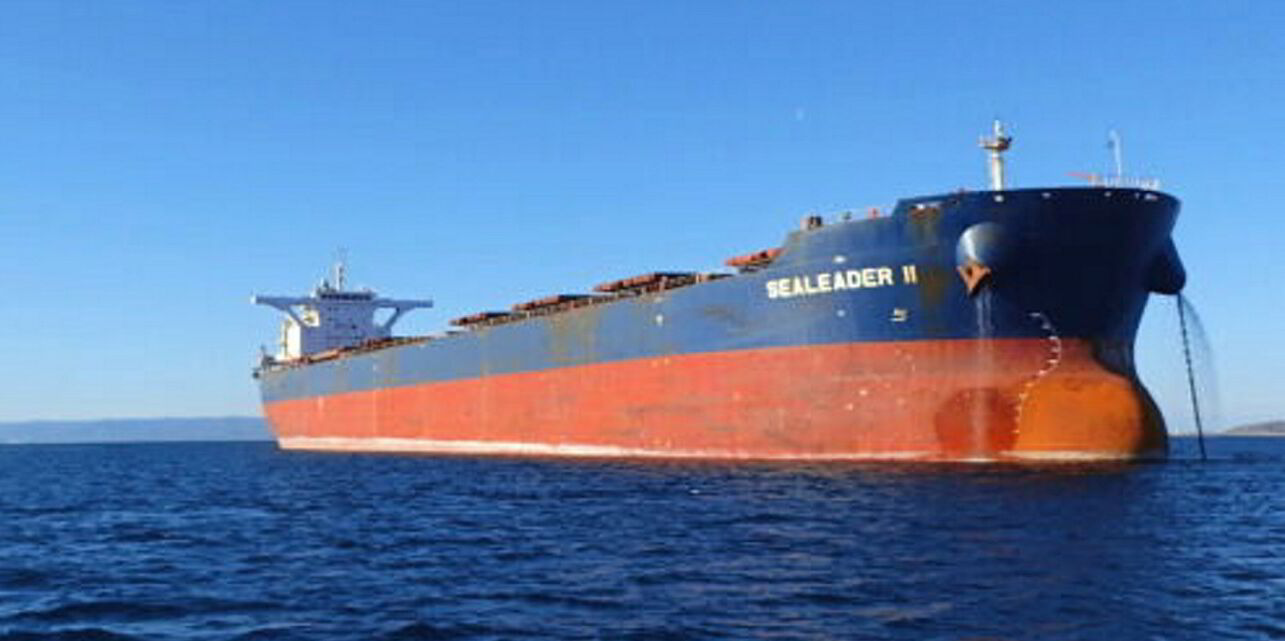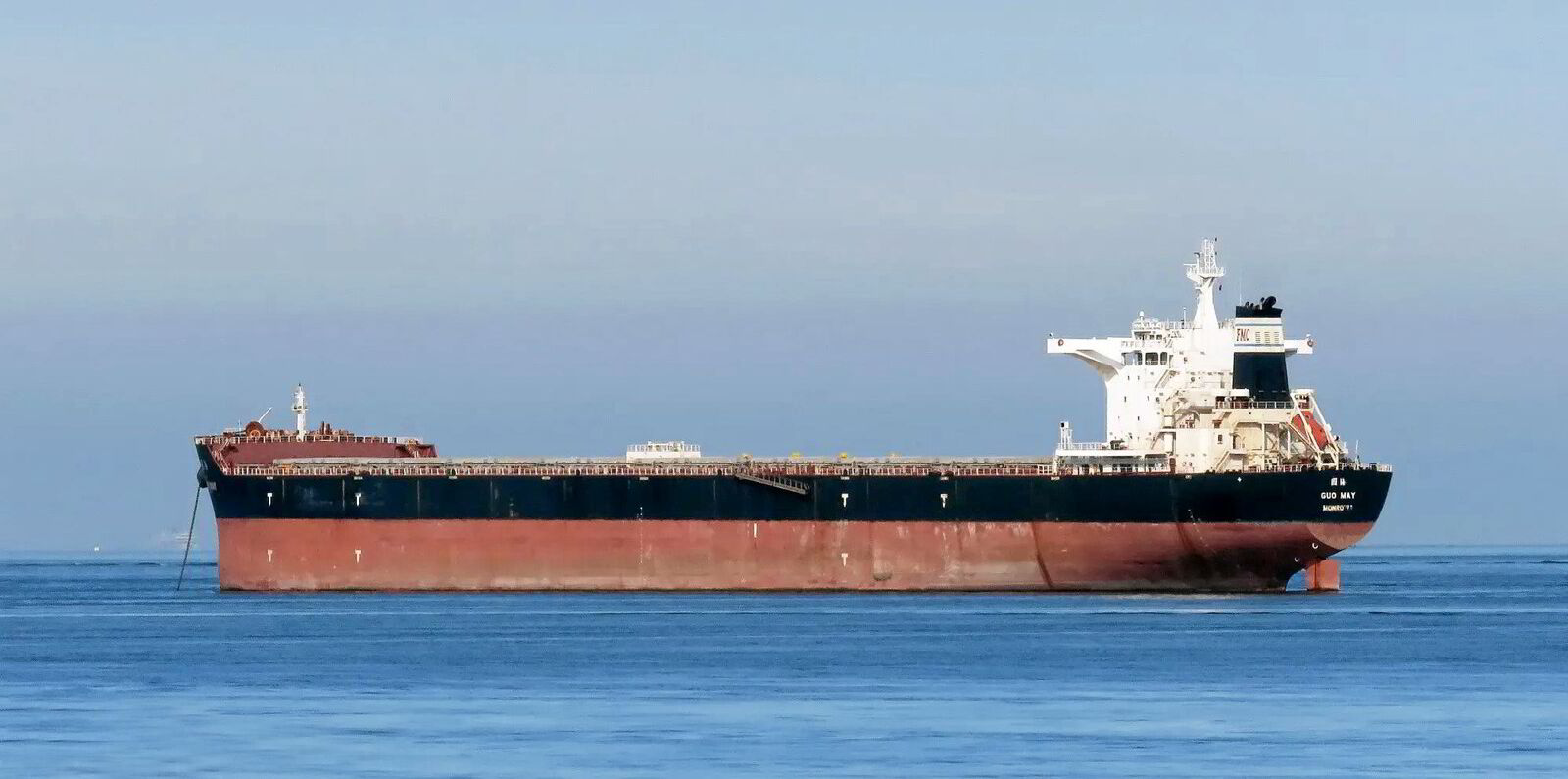Clarksons Securities is predicting a huge boost to capesize bulker demand as South American exports rise.
“We remain bullish on the dry bulk market over the next few years, with long-haul iron ore and bauxite exports expected to fuel markets going forward,” analysts Frode Morkedal, Bendik Folden Nyttingnes and Even Kolsgaard said.
In 2024, Brazilian iron ore shipments have increased by 7% compared with last year, while bauxite volumes out of Guinea are up 13% so far this year, the analysts noted.
With up to 170m tonnes of additional iron ore capacity expected to ramp up in Brazil and Guinea by 2028, Atlantic tonnes alone could potentially consume up to 250 capesize equivalents, assuming the cargoes are shipped to China, the analysts calculated.
That’s well above the 136 new capesizes scheduled for delivery over the same time frame.
Capesize bulker owners have been enjoying a stronger market, as TradeWinds has reported.
Average rates hit $26,777 per day last Friday, the highest since early October, according to the Baltic Exchange.
This has now dipped to $22,600, but it still well ahead of the low of $15,332 per day at the beginning of November.
Clarksons is forecasting capesize earnings of $25,000 per day in 2025 and $29,000 per day in 2026.
In August, the investment bank said Africa’s largest mining and infrastructure project could provide employment for up to 170 capesizes per year.
Cargo cascade?
The $15bn Simandou scheme in Guinea has won regulatory approvals from the country’s government and from major investor China.
Simandou is divided into two iron ore mines controlled by two joint ventures.
The first is the Simfer alliance, 53% owned by Rio Tinto and various Chinese companies. The second, Winning Consortium Simandou, is solely controlled by Chinese interests.
Clarksons Securities also said that while panamax rates have been trailing the capesize segment since summer, partly due to expanded Panama Canal transits, it expects the positive fundamentals for the larger bulkers to cascade down to the smaller vessel classes.
This will be due to continued splitting of coal cargoes, the analysts said.





